Speaking at the workshop, Prof. Dr. Tran Duc Vien, Chairman of the Science and Training Council of the Vietnam Academy of Agriculture, said that currently, the country has nearly 100 universities and colleges training in natural resources and environment (accounting for about 20%); of which there are about 20 institutions training masters and doctors.
Of the 100 facilities mentioned above, about 30 have faculties, institutes and research centers; 70 facilities only open one or several majors in training in natural resources and environment such as geology, minerals, geodesy, cartography, land management, remote sensing, meteorology, hydrology, environmental management, water resources management, climate change response, etc.
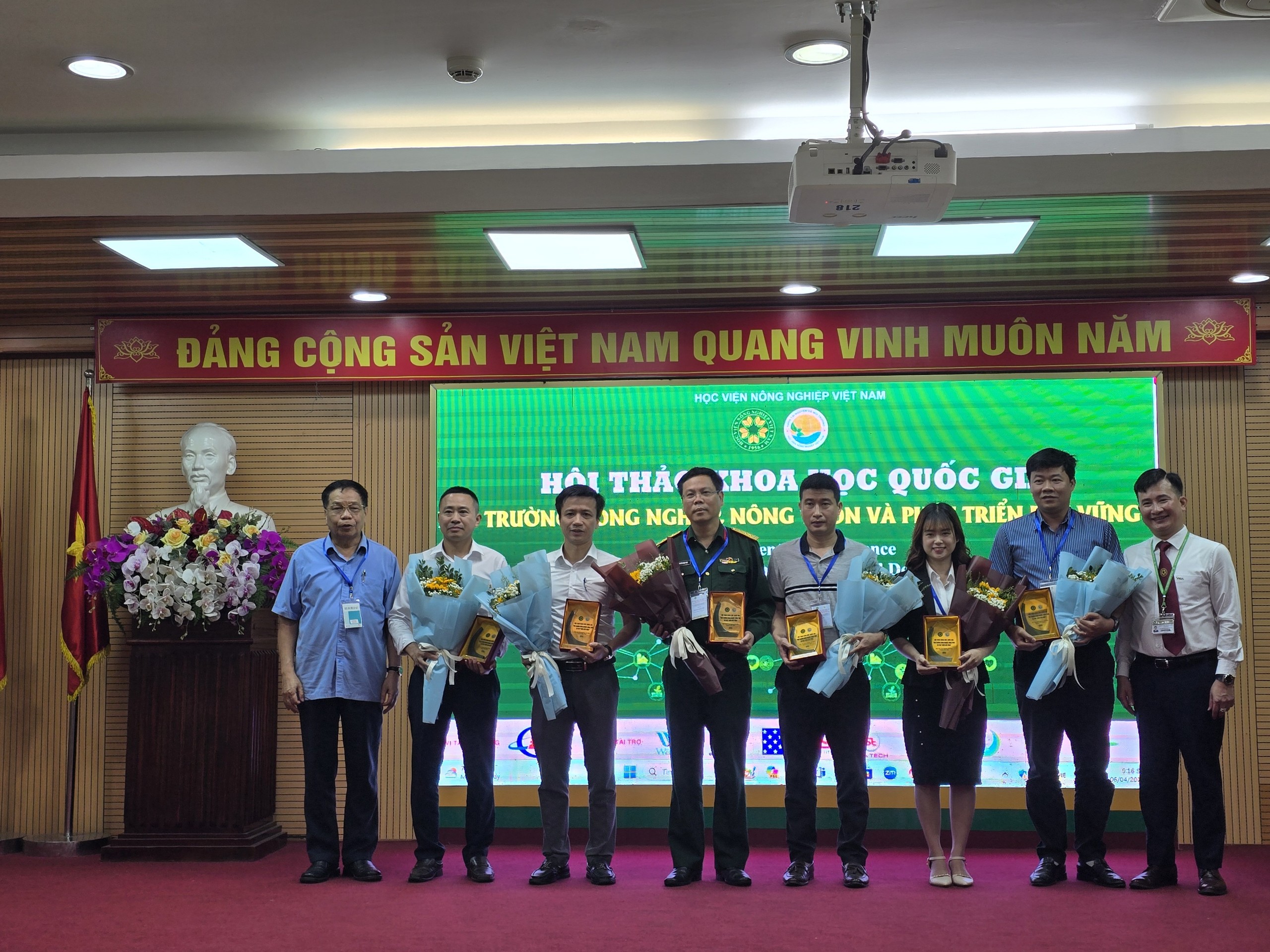
Prof. Dr. Tran Duc Vien, Chairman of the Science and Training Council of Vietnam National University of Agriculture; Assoc. Prof. Dr. Tran Trong Phuong, Head of the Faculty of Natural Resources and Environment (Vietnam National University of Agriculture) presented commemorative medals to the conference sponsors.
These facilities have annually trained hundreds of masters and doctors, thousands of engineers in the field of natural resources and environment, meeting part of the human resource needs of natural resources and environment in a number of fields: land, environment, geology and minerals, meteorology, hydrology, surveying and mapping.
However, according to Prof. Dr. Tran Duc Vien, training in the field of natural resources and environment is still unbalanced between sectors and training levels. Many new management areas of the sector have not received timely attention from training institutions; the system of training institutions is not synchronous and does not have high connectivity and connection; the staff with high academic titles and degrees in universities, institutes and research centers has not been prepared to replace the previously well-trained staff and meet the needs of training and scientific research; there is no planning for the network of training institutions for sectors and majors of natural resources and environment; investment in facilities, materials, curriculum innovation, and standardization of teaching staff is still fragmented and spread out; there is no policy to attract students to study majors in natural resources and environment that are difficult to recruit.
"The number of students enrolling in the natural resources and environment sector has tended to decrease in recent years, leading to the supply not meeting the demand for high-quality labor in the natural resources and environment sector," said Prof. Dr. Tran Duc Vien.
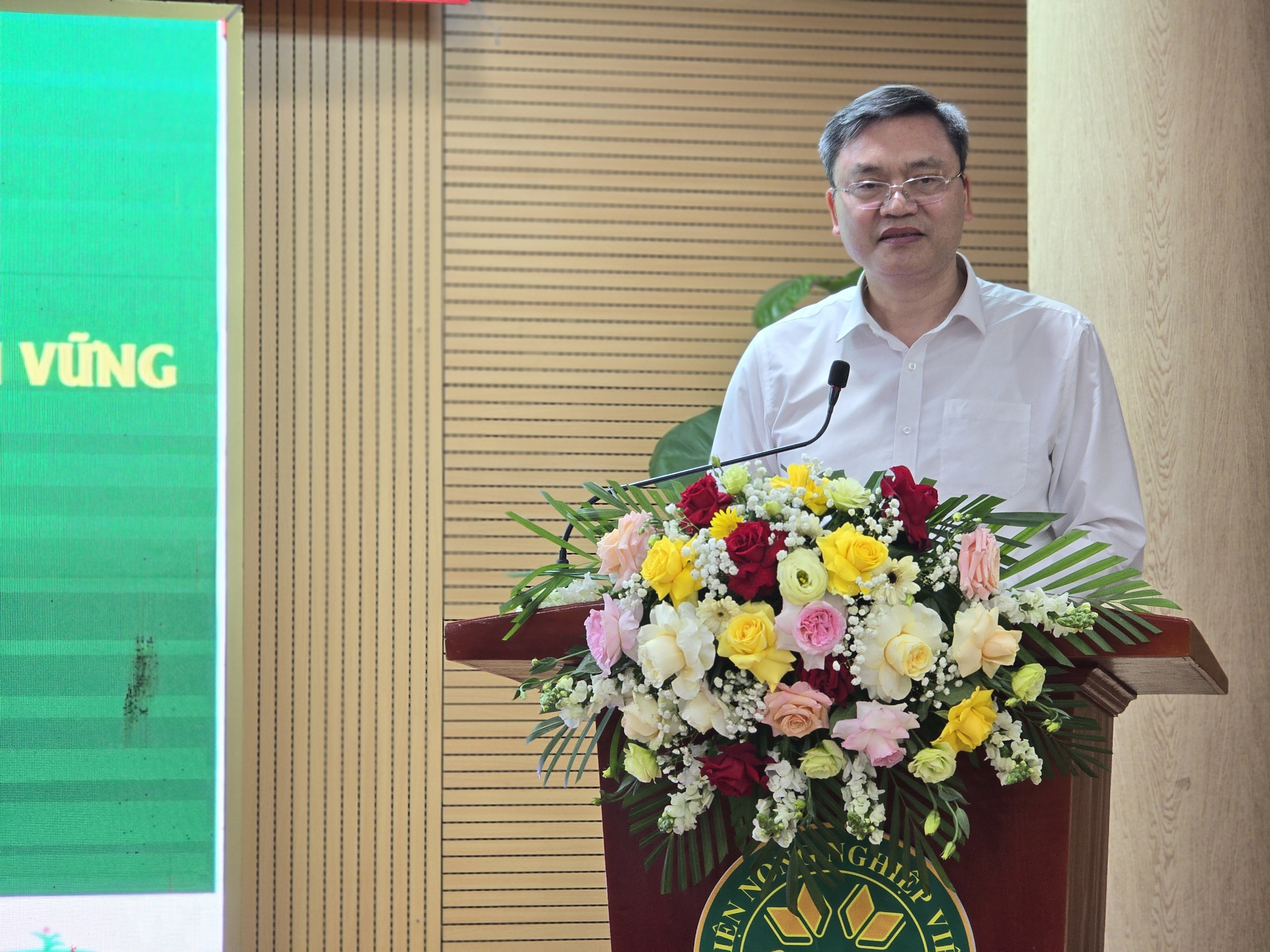
Mr. Quang Van Huong, Vice Chairman of the National Assembly's Council of Ethnic Minorities, spoke at the workshop.
Sharing the same view, Mr. Quang Van Huong, Vice Chairman of the National Assembly's Ethnic Council, shared a reality he noted in a commune with many difficulties but there were many university students. Unfortunately, none of them were studying environmental resources.
Promoting green economic development and sustainable growth is a consistent goal of our Party and State. Therefore, Mr. Huong believes that universities such as the Vietnam Academy of Agriculture need to continue to innovate their training and attract human resources for the environmental resources sector, meeting the requirements of green economic development in the coming time and responding to the unpredictable fluctuations of climate change.
Meanwhile, Prof. Dr. Tran Duc Vien said that training institutions need to be autonomous in education and training to promote creativity and flexibility in adapting to all situations. Modernizing facilities creates a favorable environment for developing high-quality human resource training. Innovating and improving training quality according to national and regional standards, with regular inspection and evaluation of training programs to improve and enhance quality. Increasing the application of information technology in education and training. Strengthening vocational training connections with production and business establishments with activities related to the field of natural resources and environment.
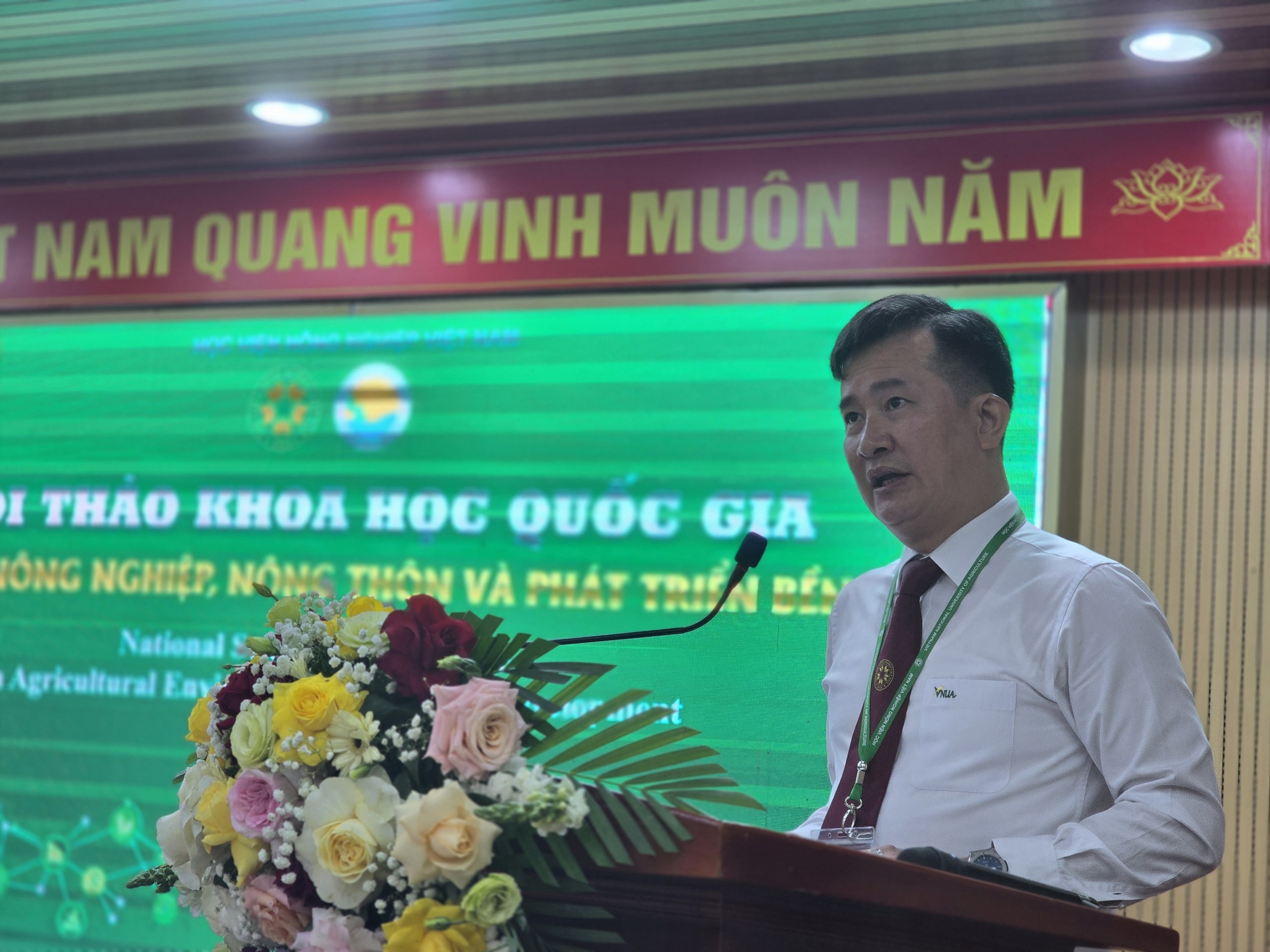
Assoc. Prof. Dr. Tran Trong Phuong, Head of the Faculty of Natural Resources and Environment (Vietnam Academy of Agriculture) delivered the opening speech at the workshop.
Sharing about the training orientation of the unit, Associate Professor, Dr. Tran Trong Phuong, Head of the Faculty of Natural Resources and Environment (Vietnam Academy of Agriculture) said that the training strategy of the faculty is multidisciplinary, providing human resources with good knowledge and skills, creative thinking, high adaptability, and social responsibility in the field of natural resources and environmental protection...
The strategy for developing science and technology is associated with solving theoretical and practical problems, contributing to training high-quality human resources, meeting the requirements in managing and protecting resources and the environment, integrated with the country's socio-economic development activities and global environmental issues.
The scientific and technological activities of the Faculty of Natural Resources and Environment focus on researching and applying technologies and techniques in natural resources and environmental management; applying principles in adapting to climate change; developing technologies and solutions for sustainable development.
The Faculty of Natural Resources and Environment, Vietnam National University of Agriculture, was established in 1976 and is the Faculty with the largest number of staff in the Academy with 102 people. The Faculty has 11 departments, training 5 undergraduate majors (Land Management, Real Estate Management, Environmental Resources Management, Environmental Science, Soil Science), 3 postgraduate majors (Master's and Doctoral training in the fields of Land Management, Environmental Science and Soil Science). The Faculty has high-quality human resources, teachers are well-trained in countries with advanced education in the world.
In addition, in terms of science and technology in the field of Natural Resources and Environment, the Faculty has chaired and participated in over 36 State-level topics and international cooperation projects; chaired over 100 ministerial and provincial-level topics; hundreds of grassroots-level topics, transferring science and technology into production in most provinces and cities nationwide as well as in countries and international organizations.
In 2024, the Faculty of Natural Resources and Environment, Vietnam National University of Agriculture will enroll 260 university students in 5 majors: Land Management, Real Estate Management, Natural Resources and Environment Management; Environmental Science; Soil Science (Soil Science and Soil Resource Management);
* Admission combination for HVN03 group: A00 (Math, Physics, Chemistry), A09 (Math, Geography, Civic Education), B00 (Math, Chemistry, Biology), D01 (Literature, Math, English).
The admission combination for HVN15 and HVN16 majors includes: A00 (Math, Physics, Chemistry), A01 (Math, Physics, English), B00 (Math, Chemistry, Biology) and D01 (Literature, Math, English).
* For full consultation on 2024 enrollment information, contact phone number: 02462617578 or 0961926639 / 0961926939
* Contact address: Vietnam Academy of Agriculture; Trau Quy Town, Gia Lam District, Hanoi City.
Website: https://vnua.edu.vn; https://tuyensinh.vnua.edu.vn
Website: https:// https://tnmt.vnua.edu.vn/
Facebook: https://facebook.com/tuyensinhvnua.edu.vn
Source








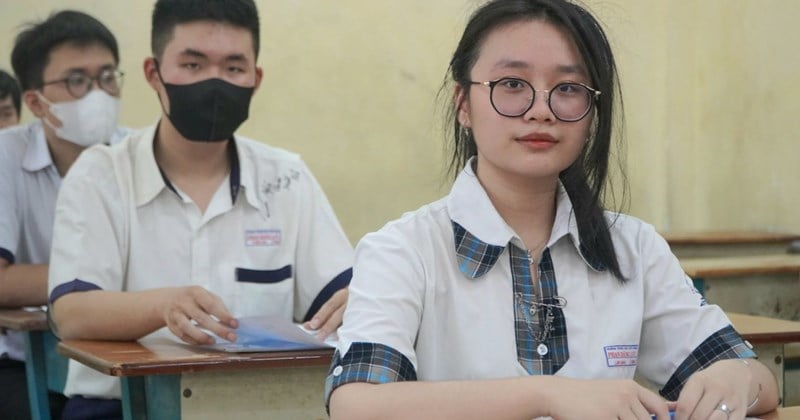

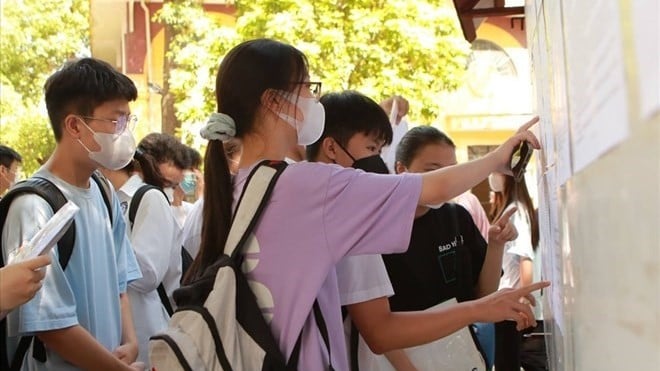

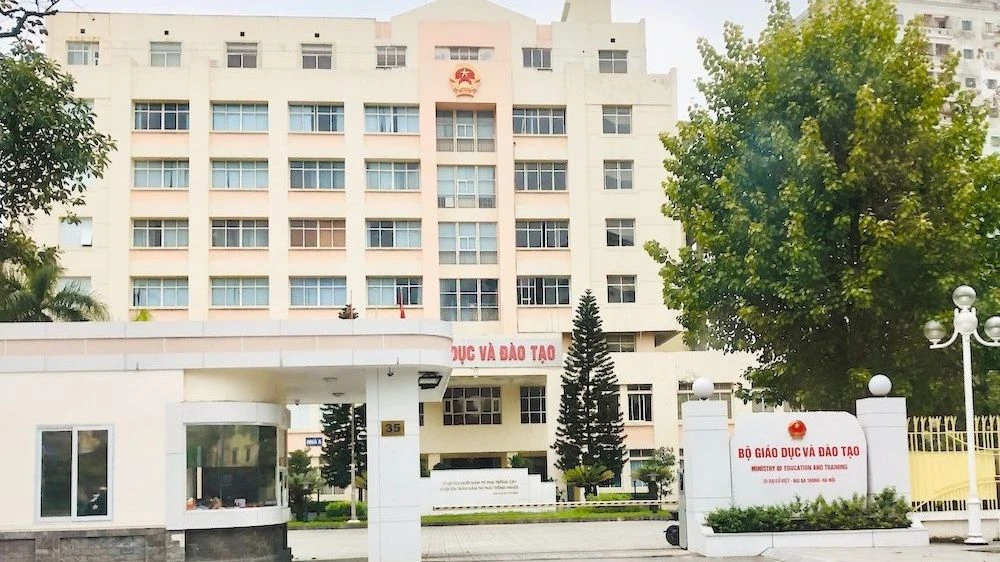

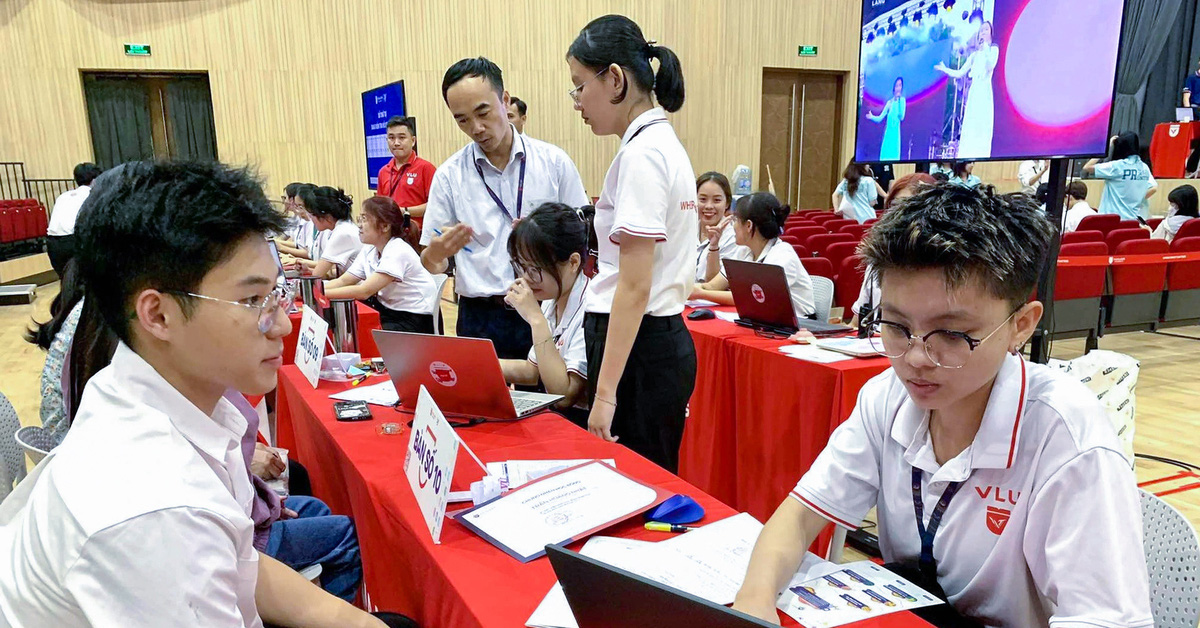

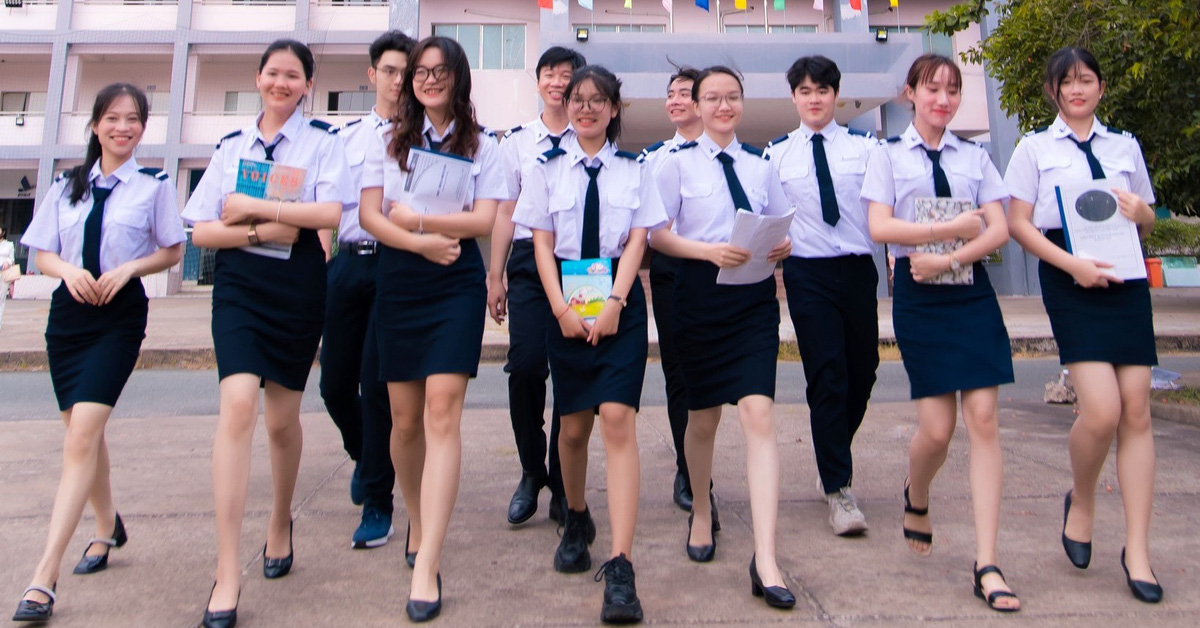

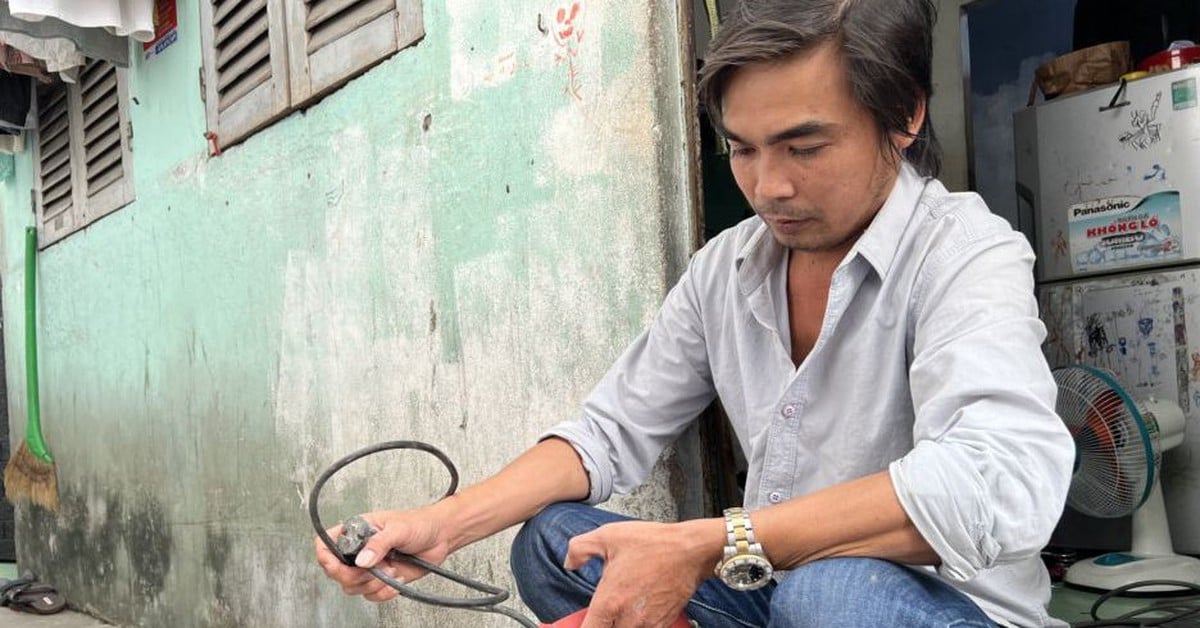
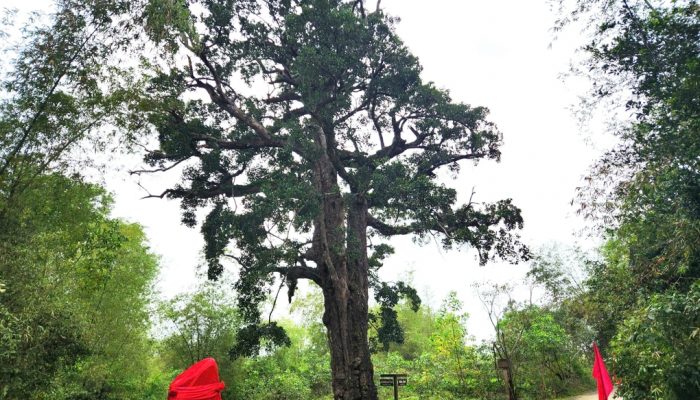







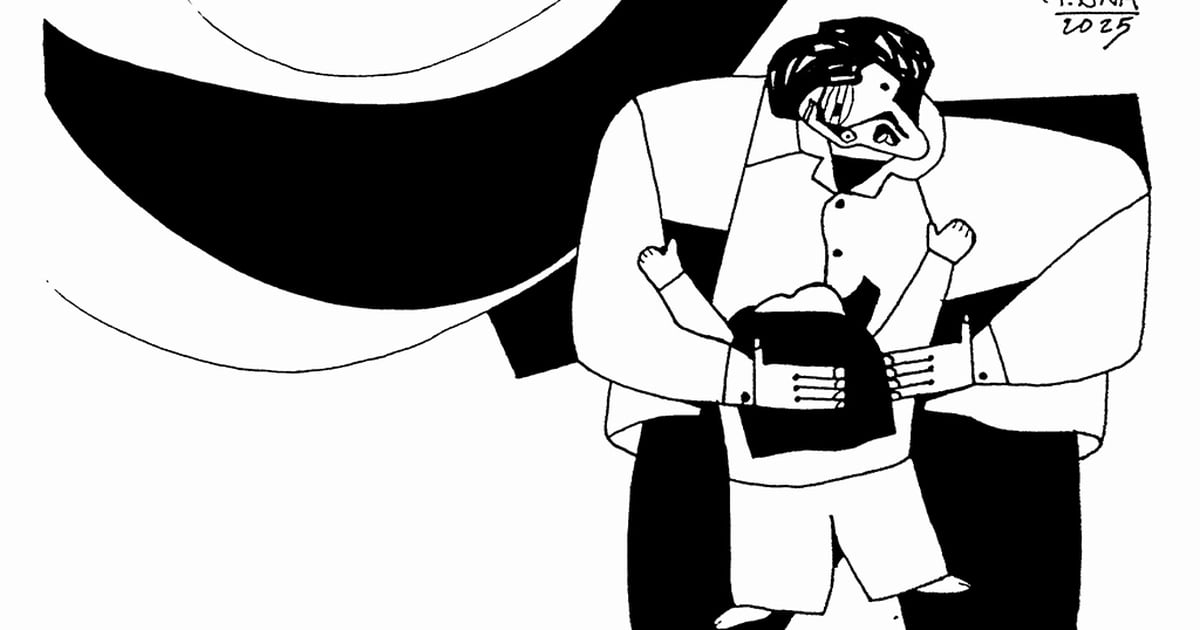





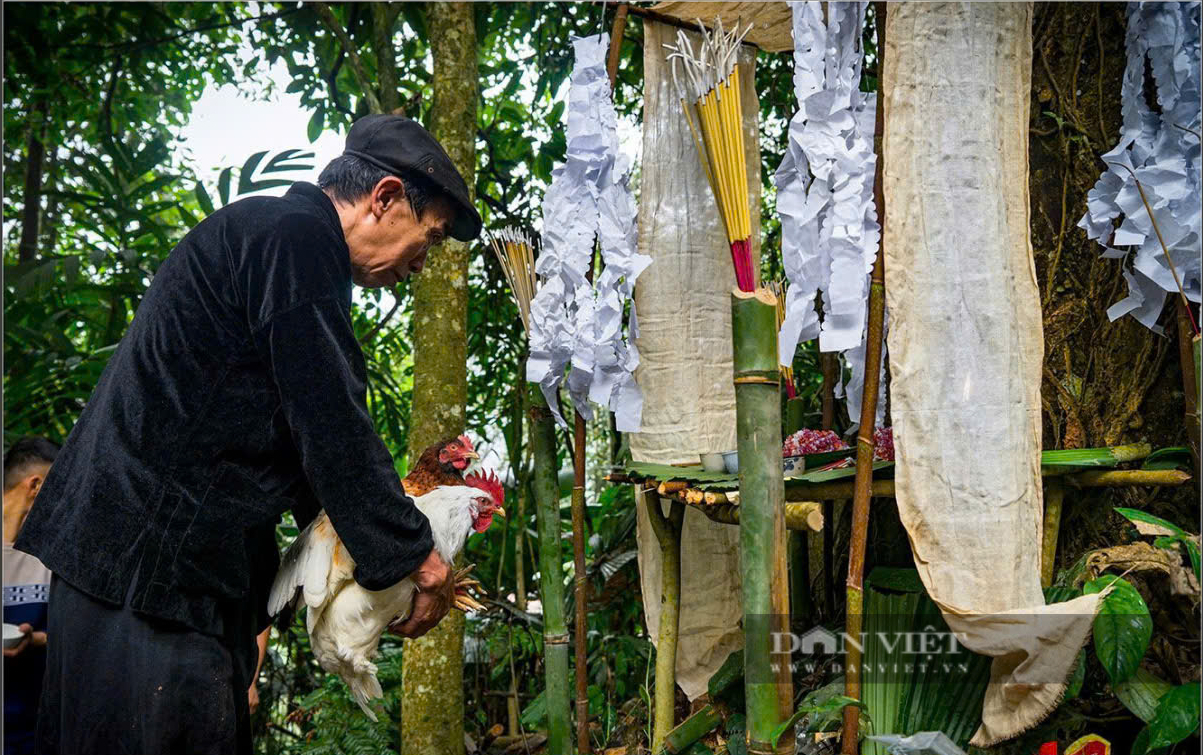
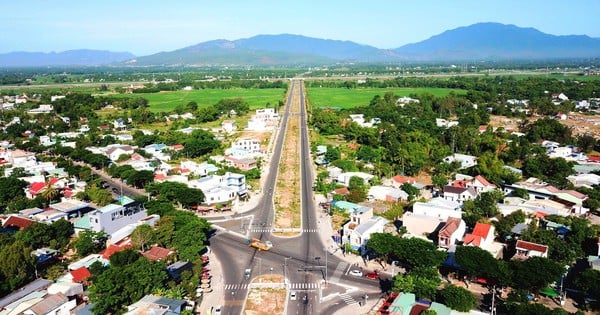
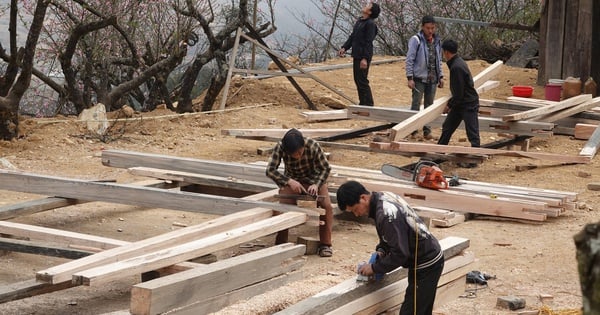
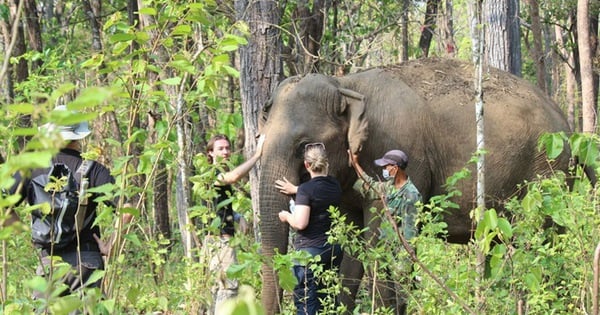






![[Photo] Prime Minister Pham Minh Chinh chairs Government Conference with localities on economic growth](https://vstatic.vietnam.vn/vietnam/resource/IMAGE/2025/2/21/f34583484f2643a2a2b72168a0d64baa)






















































Comment (0)